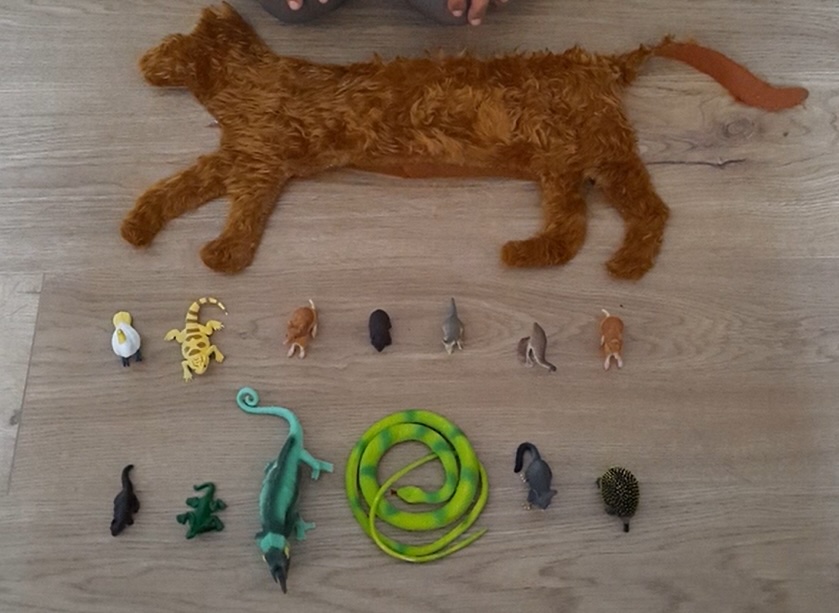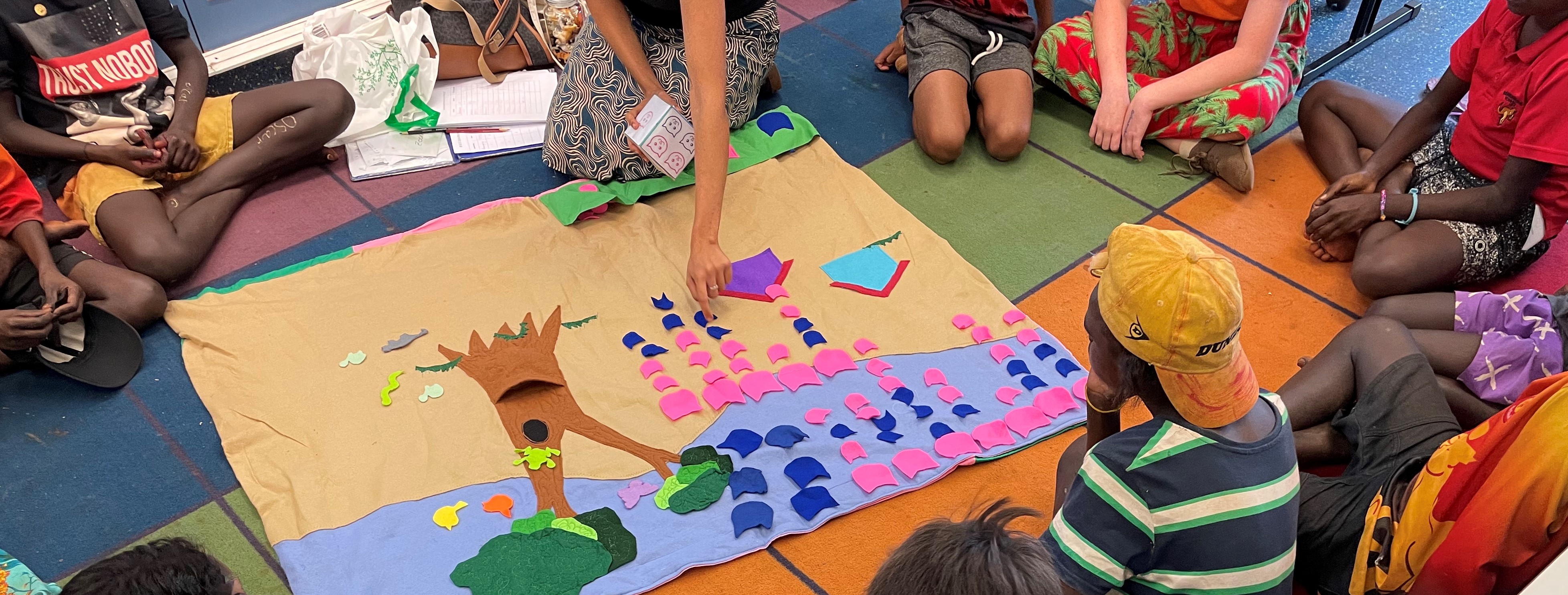Wildlife Health Australia (WHA) has committed to using the opportunity offered by National Reconciliation Week in 2024 to reflect on our aspirations and actions towards forging trusted, strong and productive two-way partnerships with Aboriginal and Torres Strait Islander communities, organisations and people.
Reconciliation Australia has said that National Reconciliation Week (NRW), which runs from May 27 to June 3 is “a time for all Australians to learn about our shared histories, cultures, and achievements, and to explore how each of us can contribute to achieving reconciliation in Australia”.
WHA’s CEO Dr Rupert Woods said: “The theme for National Reconciliation Week this year is ‘now more than ever’. Coming, as it does exactly half-way through our first Reconciliation Action Plan, with the theme of ‘Reflect’, our entire organisation is committed to continuing our journey through recognition, curiosity, acknowledgement and respect.
“During the past year, WHA has been active on a number of fronts, from sharing individual yarns on country in our team meetings, to plotting a national map of country acknowledging and celebrating the traditional names and culture of lands where we variously live and work.
“In building capacity and networks, team members have been embedding cultural awareness and First Nations knowledge in our work. This year we’ve started on creating connections with over 40 Indigenous Ranger groups in Northern Australia, as well as building relationships with Aboriginal agencies including medical, environmental health, land councils etc. Our team have also been busy inviting Indigenous perspectives to national and international policy and operational forums.”
During the past year, WHA also committed funds to support a priority program of the organisation; Animal Management in Rural and Remote Indigenous Communities (AMRRIC).
Dr Woods said; “We’re proud that through our Public Fund, we’ve been able to support the work of AMRRIC by providing funds to translate an important animated education resource that promotes controlling cats on aboriginal lands from hunting native animals and unchecked breeding. The translation was into the Arrernte language, which enabled AMRRIC to target the resource to a large language group across Central and Northern Australia”.
AMRRIC’s Education Officer Michelle Hayes said: "I have recently been out in communities doing an education program and have been playing this video – to great reception. The students and staff are really engaged with the video and are extremely happy that AMRRIC have prioritised translating our resources into local language
“It has been wonderful to see the students gain an even greater understanding of the lesson content, thanks to the translated animation.
“The only way translations like this are possible is because of the support of incredible donors like Wildlife Health Australia. We are so grateful.”
AMRRIC CEO Dr Brooke Rankmore said, “We’re very pleased that Wildlife Health Australia has supported one of our priority programs. AMRRIC’s unique approach to our work is founded on a deep respect for the cultures of Aboriginal and Torres Strait Islander peoples and recognises companion animals as being intrinsic to the fabric of the community.
“This particular program has simultaneously promoted indigenous community health as well as companion animal and native wildlife health”.
https://www.reconciliation.org.au/our-work/national-reconciliation-week/
https://www.amrric.org/literacylevel/literacylevel1/view/cats-on-country-animation/
https://www.amrric.org/literacylevel/literacylevel3/view/cat-breeding-mat/
https://www.amrric.org/literacylevel/literacylevel2/view/felt-cat/


Images: AMRRIC education programs feature lessons on controlling cats to protect native wildlife.